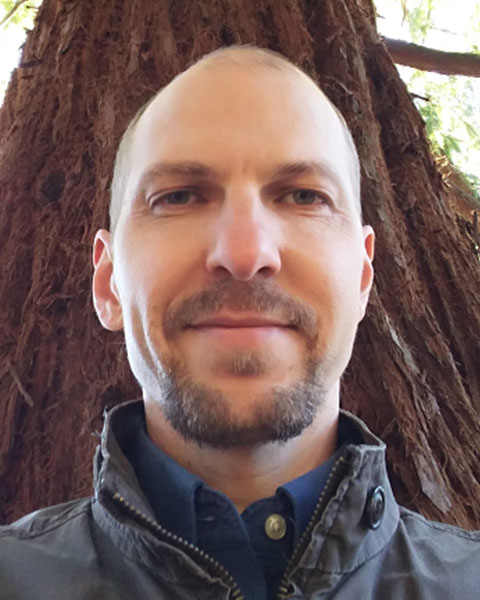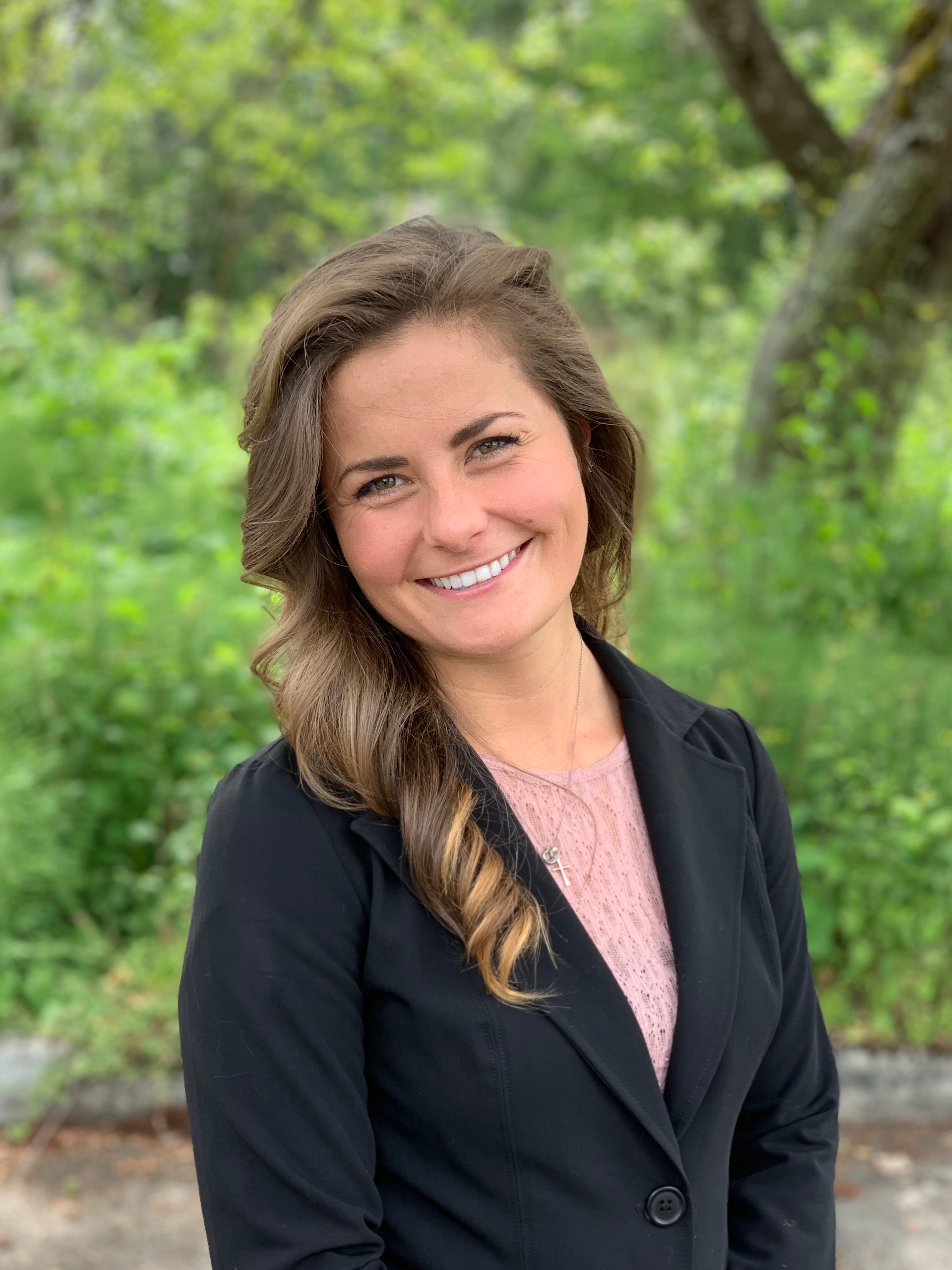Symposia
Positive Psychology
2 - (SYM 143) Elevation in Patients and Therapists During Transdiagnostic Group Cognitive Behavioral Therapy for Anxiety Disorders

Thane M. Erickson, Ph.D. (he/him/his)
Professor of Clinical Psychology
Seattle Pacific University
Seattle, Washington
Rebecca L. Banning, M.S.
Doctoral Student
Seattle Pacific University
North Bend, Washington
Speaker(s)
Co-author(s)
Cognitive behavioral interventions for anxiety routinely invite patients to face avoided situations or emotions, and it remains difficult to motivate some patients to embrace challenges. Additionally, CBT therapists may experience demoralization and even burnout when attempting to motivate patients. Therefore, understanding what emotionally inspires clients and clinicians working together in CBT may facilitate greater therapy engagement. Moral elevation (or simply “elevation”) is an understudied positive emotion elicited by witnessing or reflecting on others’ acts of courage or kindness. It is characterized by feeling inspired or uplifted, physical sensations of warmth in the chest, and a surge of motivation toward prosocial connection, helping others, and personal growth.
In the present study, we investigated experiences of elevation in the context of exposure-based CBT groups for anxiety disorders (12-week Unified Protocol). We hypothesized that, for patients, experiencing other group members’ behavior as elevating would relate meaningfully to psychotherapy process variables known to facilitate treatment response (i.e., alliance with therapists, group cohesion). In parallel, we hypothesized that CBT therapists feeling elevated by patients would predict rating them as both agentic and affiliative, as well as greater desire to continue engaging with patients.
Participants included patients diagnosed with heterogeneous anxiety disorders based on ADIS-5 interview (N = 66). After the fourth CBT session patients completed measures of feeling elevated by group members, alliance, and group cohesion. Therapists (N = 16) completed ratings of elevation, interpersonal impact of patients on them, and desire for future interaction, rating each patient separately (153 records).
As hypothesized, multilevel models showed that patients’ elevation predicted higher group cohesion (95%CI[.62, 8.72) and greater alliance with therapists (95%CI[.19, .99]). Therapists were more elevated by patients engaging in agentic or assertive behavior [.15, .81] but not affiliation [-.25, .38]; therapist elevation strongly predicted desire to continue engaging with patients [.69, .95]. Thus, results suggest that CBT can be experienced by both patients and therapists as inspiring in ways that relate meaningfully to known social mechanisms of treatment. Results suggest that the “science of inspiration” may hold promise for learning new ways to enhance CBT in group settings.

